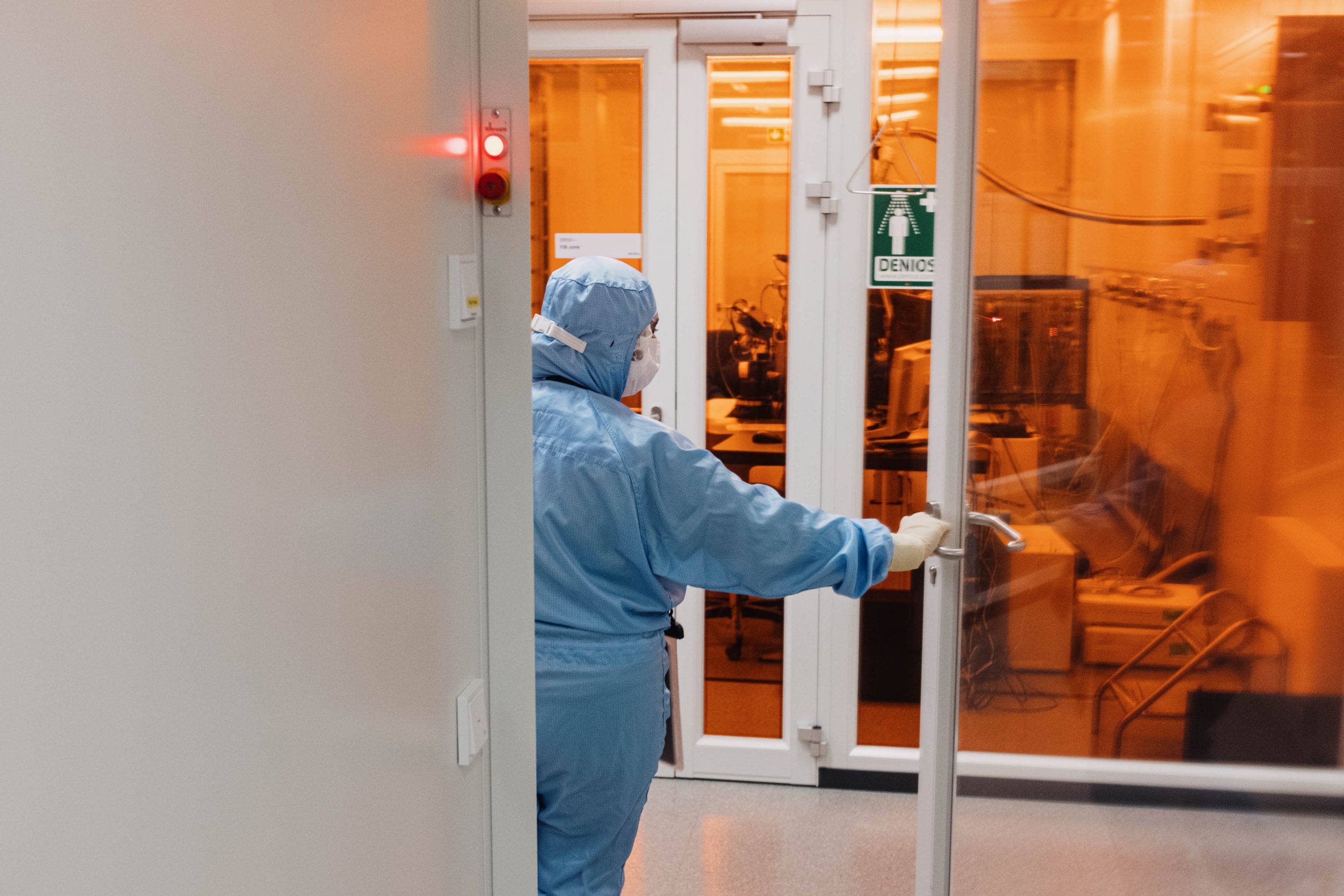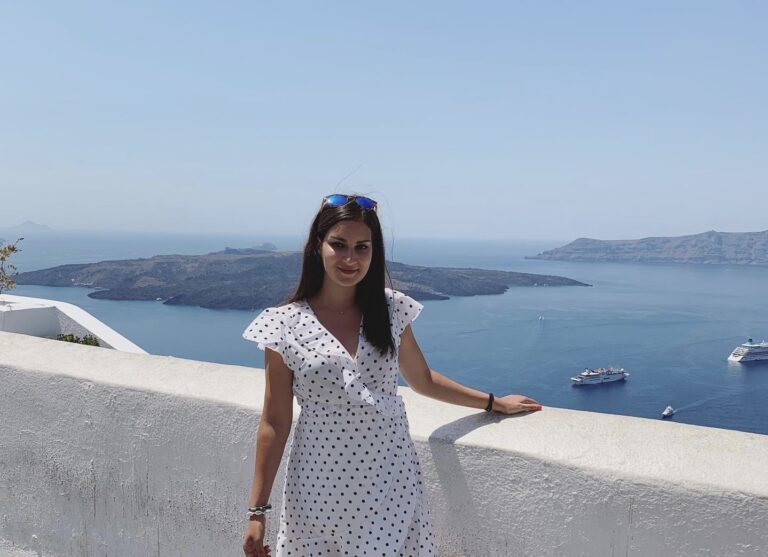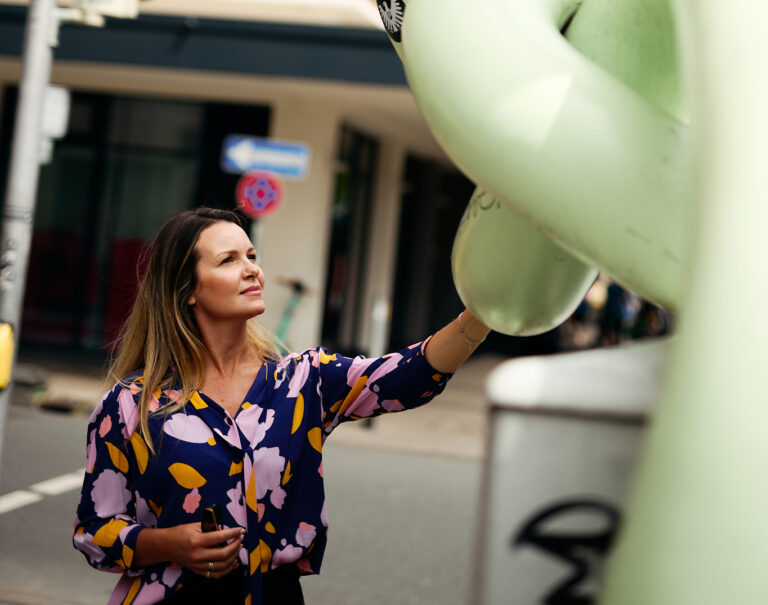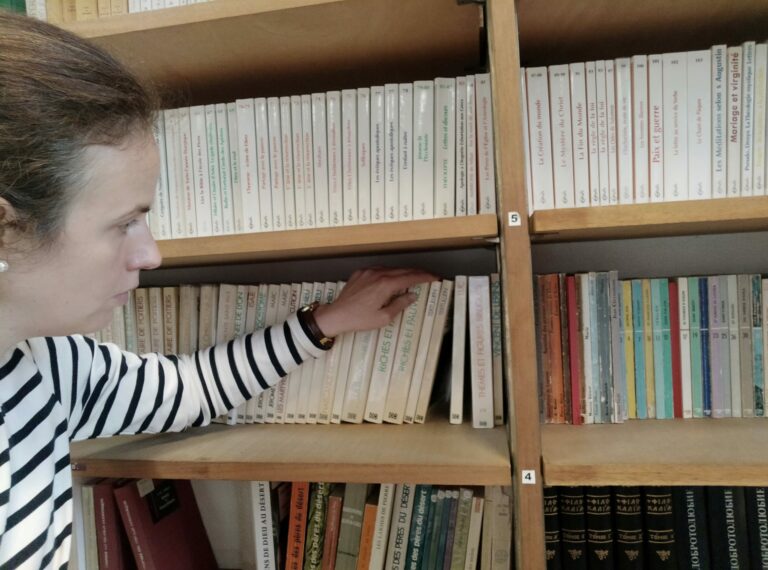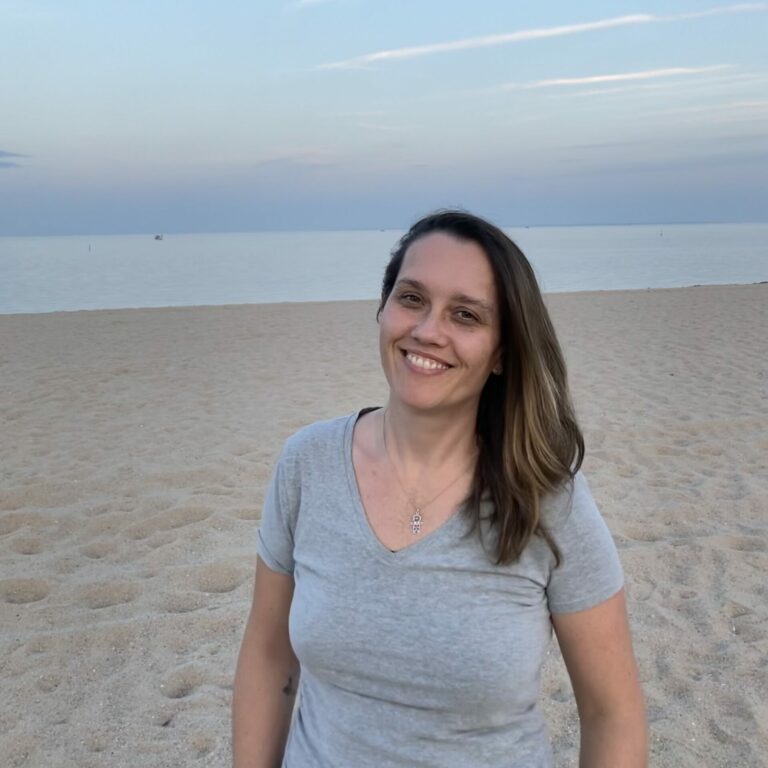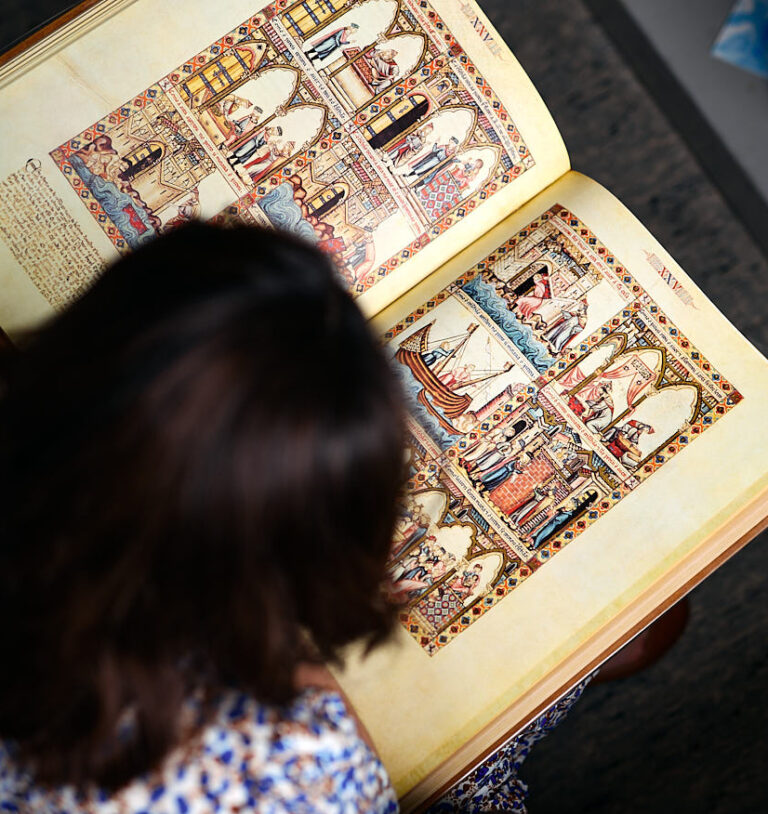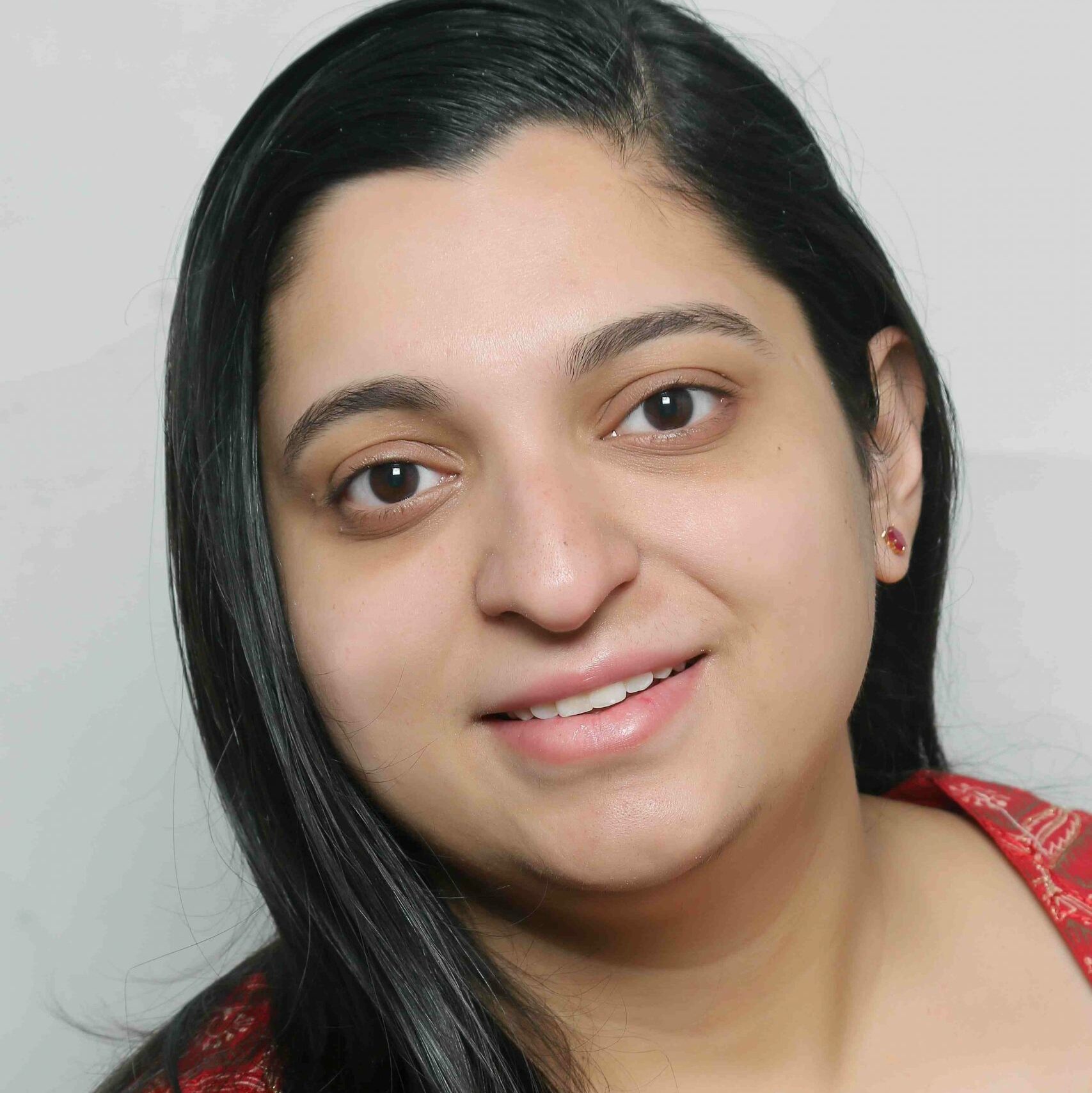
Get To Know Our Applied Physicist Dr. Debdatta Ray – Clean Room Suit Required!
In the series “33 questions” we introduce, in no particular order, our WiRe Fellows who are currently working on a research project here at the University of Münster. Why 33? Well, if we think of the rush hour of life, it is kind of the age that lies in its middle. And we also like the number😉.
In today’s episode we are speaking with Debdatta, applied physicist who is passionate about nano photonics.

1. What motivated you to work in the field of nanophotonics?
During my Master’s I had spent 7 months at the University of Stuttgart under the DAAD Exchange Scholarship programme. There I was introduced to nanofabrication and the clean room for the first time. I loved fabricating nanostructures and looking at them under electron microscopes. This experience allowed me a sneak peak into the amazing world of nanophotonics and motivated me to take up nanophotonics as my field of specialty.
2. Describe your daily work in three words
Nanofabrication, Design, Measurement
3. Describe your research topic in three words
Metasurface, Beam Engineering
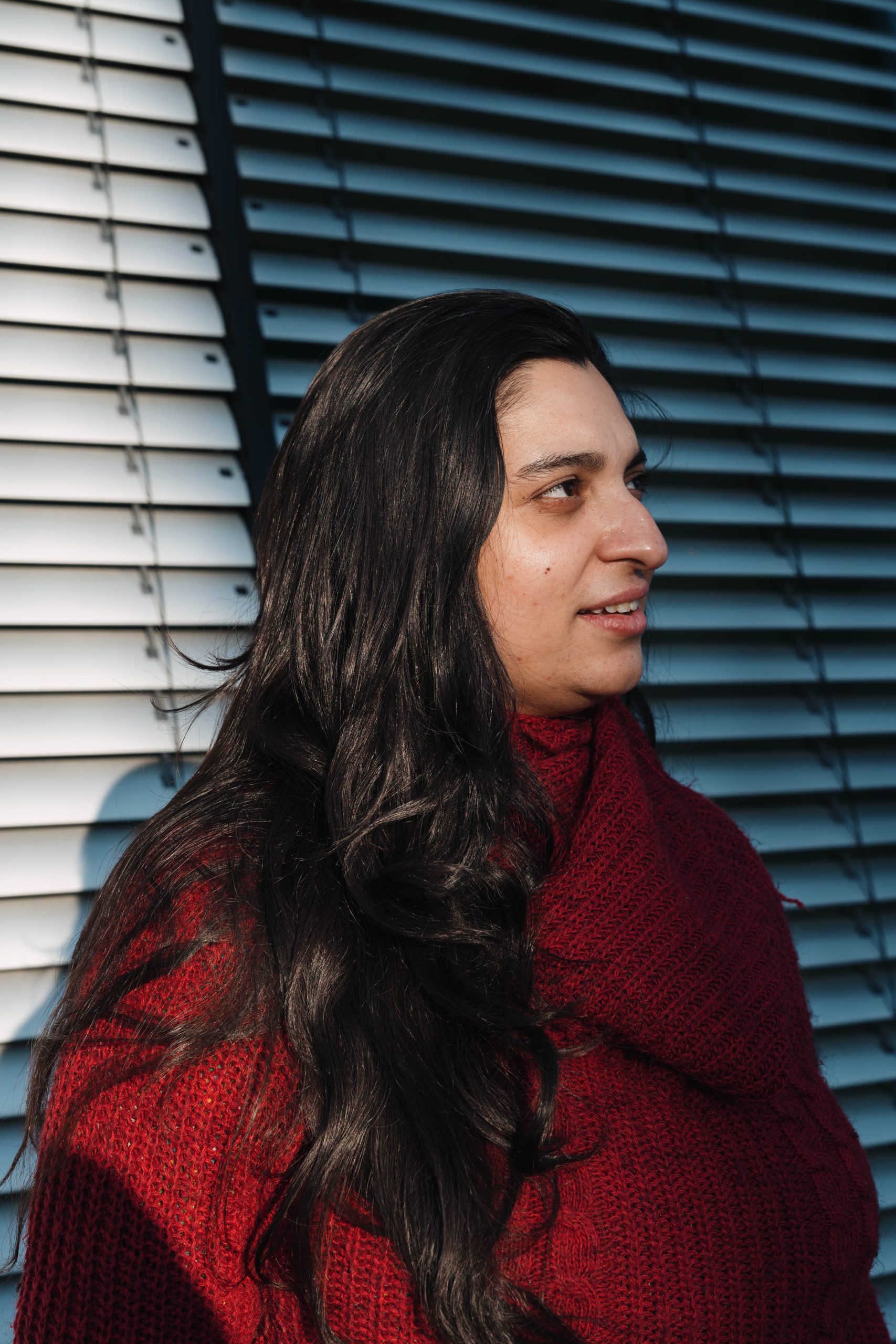

4. A good nanophotonics engineer needs….?
Resilience and patience
5. What is the best experience you have had as a scientist/researcher?
Every time I see nanostructures, that are close enough to what I want in the electron microscope I feel an immense joy. It feels like ‘A Dream come true..’
6. What was your greatest research disaster?
I did have setbacks in my research and times when results were not great, but luckily due to my excellent team of support until now I did not have any research disaster.
7. Which historical important scientist you will have dinner with and what would you ask?
I would like to have dinner with the inventors of electron microscope, Max Knoll and Ernst Ruska . I would like to know their experience and struggles while they were developing the microscope.
8. If money and time were no object which research project would you like to do?
There are two projects that come to my mind. I would like to probe annealing of two materials in the nanoscale and watch them dynamically in TEM. Secondly, I would like to understand the dynamics of hot electrons and their properties across a metal- semiconductor junction.
9. What is your favourite research discipline other than your own?
NEMS (Nano Electro Mechanical System) since they make very fancy and complicated nanostructures.
10. What do you consider the greatest achievement in your field?
Electron microscopes, both transmission and scanning, as they help seeing extremely small structures and understanding them. I also consider lithographic tools like e-beam lithography and UV lithography as the greatest achievement as well because without them the smallest structures could not be made.
11. Which experience in the world of science disappointed you the most?
The lack of honest papers. People claim a lot of things in the abstract but in reality they have only achieved a very little part of it. I do not think it is necessary to have huge amount of work to publish but it would be nice, if they are honest and say what they have achieved directly in the abstract rather than misleading the reader.
12. What was the funniest moment you had in science ?
None
13. How did you survive your PhD time?
I had an amazing supervisor and a colleague who provided me with enough motivation to survive the tough times. Our motto was ‘We will cross the bridge when it comes to it?’ And we did!

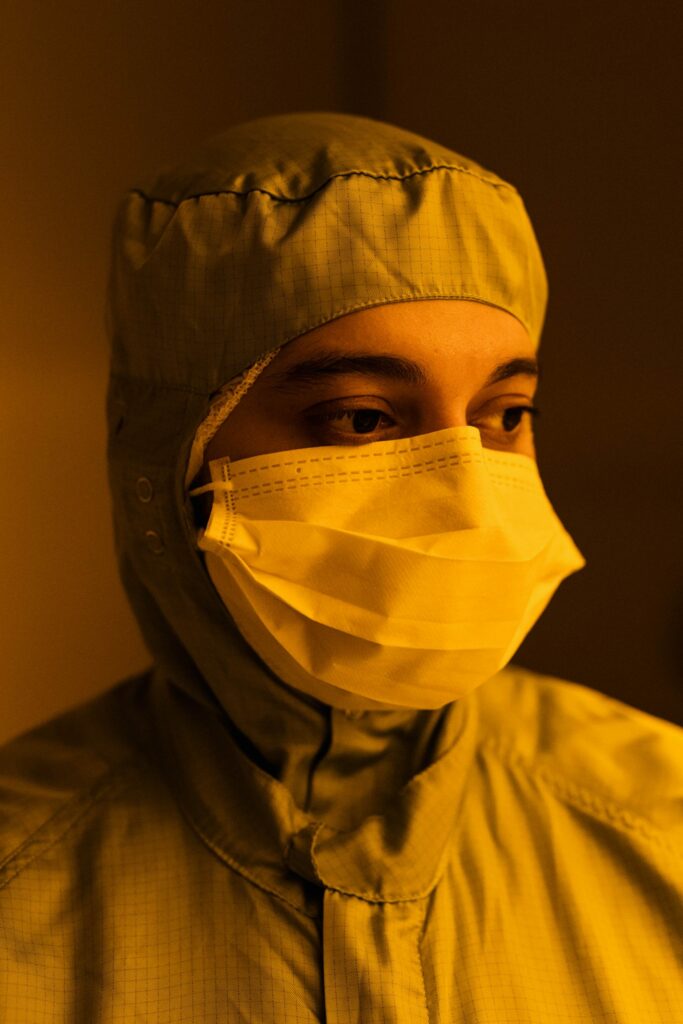


14. What direct or indirect relevance does your research have for society ?
I am trying to scale down the size of optical components. This will help to have very thin optical elements in the future.
15. How did you imagine the life of a scientist/researcher when you were a high school student?
I imagined that they would be very quiet and serious and their workplaces would be very quiet. I also thought that it’s an extremely difficult job, something that I can never do.
16. Is it actually different ? In what way?
Yes it’s very different 🙂 !!
Scientists are funny too!! And their workplaces are not always very quiet. Sometimes we do have discussions among colleagues in blackboard. And finally, even though the job is difficult I managed to do it!
17. What do you like most about the ‘lifestyle’ of the scientist? What’s the least of it?
I very much like the fact that we get to see the most recent inventions in the entire world everyday and that each of us has contributed to it in some way.
I hate to deal with financial shortage all the time, especially when it comes to experimental research.
18. Do you think your career would have evolved differently if you were a man?
No, I was lucky to have very supportive parents, fiancee and in laws, who have supported my career at every step.
19. If you were the research minister of Germany what would you do to improve the situation of women in science?
I have moved to Germany recently, so I am not very familiar with the situation of women in science here. So I do not think that I I’m well equipped to answer that.
20. If you had a daughter what would you advise her not to do?
I would tell her not to listen to people who tell her that she cannot do certain things just because she is a women.
21. How would you explain your research area and topic to a child?
I would tell the child that I work with things which are 1000 times smaller than one single human hair thus they are very small already. Since I work with such small structures I have to take a lot of precautions and work in very special places. And finally I would show a smartphone to the child and tell him/her that I am trying to make the smartphone more sleek.
22. How did you imagine your future as a child? What professionally did you want to pursue?
As a child I never thought about leaving home. Until my bachelors I had always thought that I would stay in the same city forever. As a child I wanted to be criminal lawyer.
23. How did you keep your head clear when you are stressed?
When stressed it is very difficult for me to keep my head clear. My strategy is to say to myself “I will try my best, the rest is destiny”. After saying this to myself I do not think about the deadline anymore, I keep working.
24. What is your favourite German word?
Kugelschreiber.
25. What makes you most happy about the world?
Having nice, humble and meaningful conversations with people, hearing their experiences about life.
26. Which of your traits bothers you the most in your daily work?
I tend to commit to a lot of things and have a very hard time getting all of the work done in the end. I used to be bad, now I am a little better but I still have a long way to go.
27. And which of your traits help(s) you the most in your daily work?
My sincerity and my zeal to work.
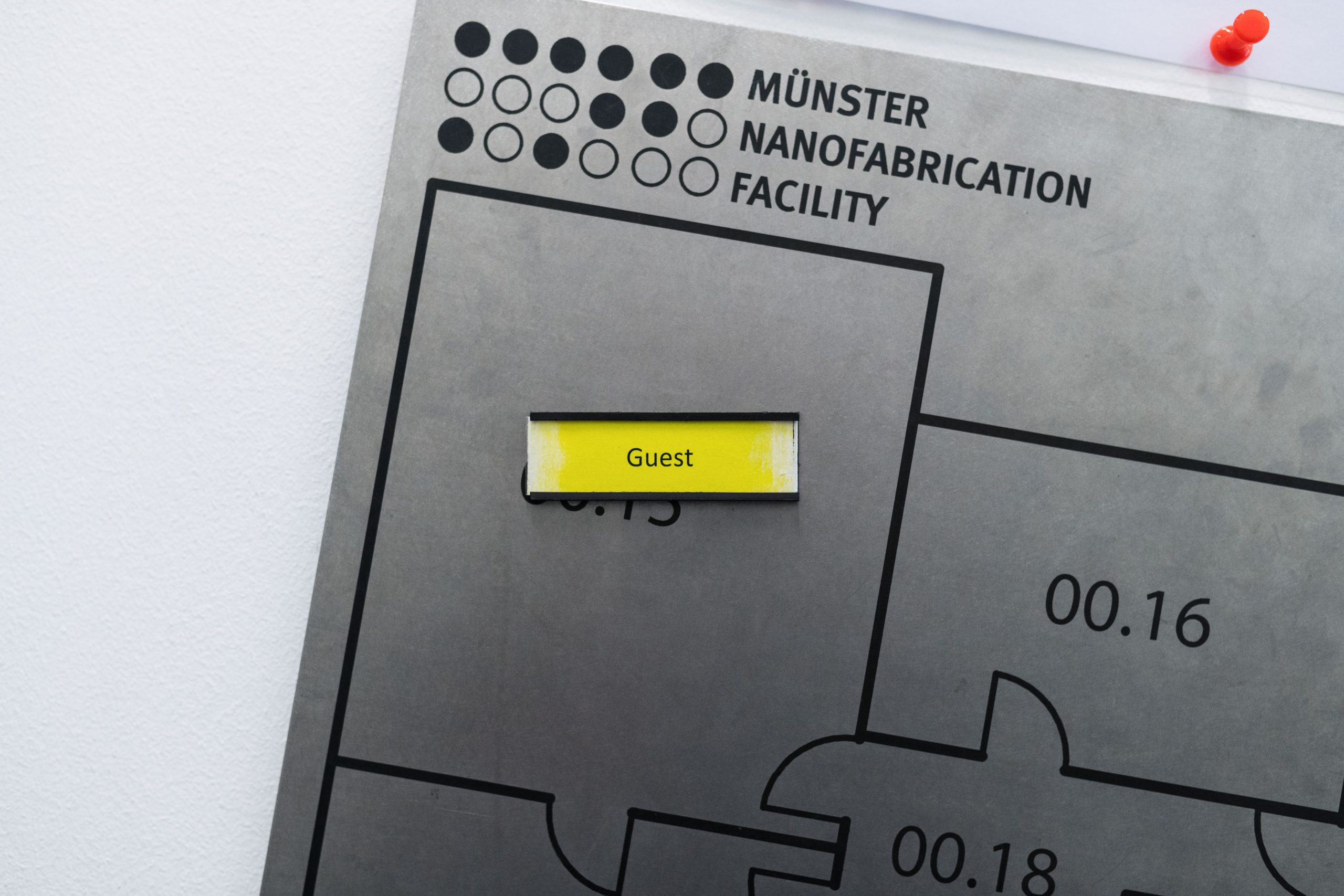


28. What worries you most about the world?
The lack of reading among people and the rise of nonsense comments in social media.
29. Your favourite TV series?
Boston legal and Scenes from a marriage (1973)
30. If someone asks you about your age, what do you respond spontaneously?
I tell my age.
31. Which hobby have you given up for a life in academia?
Recitation.
32. If you could travel in time: in which epoch and at which discovery or event would you have liked to have been there?
I would have loved to go back to 1931 to see the discovery of the electron microscope.
33. What is your favourite place in Münster?
My favourite place in Muenster is the Promenade.

